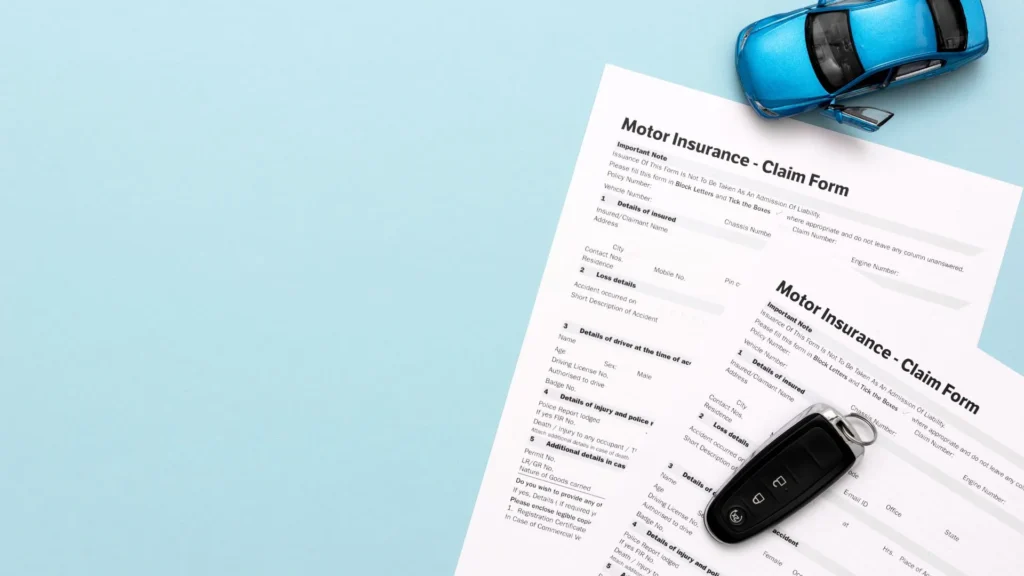Ensuring that your car insurance address matches your driver’s license is crucial for legal compliance and effective communication. This alignment helps prevent potential issues with law enforcement and insurance claims.
While the needs may differ, keeping consistency between the two is a good idea. Having a single address on license and insurance documents meets the requirements. It also shows honesty and integrity. Let’s dive into understanding why it’s essential that your car insurance address matches your license.
Why Your Car Insurance Address Have To Match Your License?
Effective Communication: Accurate addresses ensure you receive important notifications, such as renewal reminders or recall notices, promptly.
Legal Compliance: Many states require that your driver’s license and vehicle registration reflect your current residential address. Discrepancies can lead to fines or other legal complications.
Insurance Validity: Insurance companies assess premiums based on your location. An outdated address can result in incorrect premium calculations or even policy cancellation.
Steps to Update Your Address
- Driver’s License:
- Timeframe: Most states require an update within 30 to 60 days of moving.
- Process: Visit your state’s Department of Motor Vehicles (DMV) website to check for online update options. If unavailable, visit a local DMV office with proof of your new address, such as a utility bill or lease agreement.
- Vehicle Registration:
- Timeframe: Typically required within 30 to 60 days of relocation.
- Process: Access your state’s DMV website for online services. If not available, visit a DMV office with your current registration card and proof of new address.
- Car Insurance Policy:
- Timeframe: Notify your insurance provider immediately upon moving.
- Process: Contact your insurer via phone, email, or their online portal to update your address. Be aware that your premium may change based on your new location.
Does my car need to be registered in the same state as my license?
Most states mandate this. Your car must be registered where you permanently live. If you move permanently, you must update your driver’s license and car registration.
Some places have a grace period for registering after moving. But, going past this time might lead to fines or even loss of insurance.
Consequences of Mismatched Addresses on Insurance and License
- Legal Issues: Outdated information can lead to fines or other legal repercussions.
- Insurance Complications: Discrepancies may result in claim denials or policy cancellations.
- Missed Communications: Important notices regarding your vehicle or driving privileges may not reach you, leading to unintended lapses or violations.
Special Considerations
- Military Personnel: Active-duty members may have different requirements. Consult with your state’s DMV and insurance provider to understand specific provisions.
- Students: If you’re a student living away from home, determine whether to maintain your permanent address or update to your school address based on state regulations and insurance policies.
Conclusion
Maintaining consistent and current addresses across your driver’s license, vehicle registration, and insurance policy is essential for legal compliance and to prevent potential issues with your insurance coverage. Updating these documents promptly after a move will help you avoid complications and ensure seamless communication with relevant authorities and service providers.
Note: This information serves as a general guide. For specific requirements, always refer to your state’s DMV and consult with your insurance provider.
FAQs
Does address matter for vehicle insurance?
Address matters while obtaining vehicle insurance. For the insurance to handle the claim, we must provide them with our address. A residential address and a business address are the two addresses that insurers utilize the most frequently.
Should insurance and registration match in New York?
The DMV may suspend your driver’s license and car registration if the name on your insurance policy is altered from the name on your registration. There must always be perfect name consistency between your car’s insurance and registration.
What is covered by driver or vehicle insurance in Texas?
The vehicle, not the driver, is the proper party under coverage since comprehensive insurance covers everything related to the vehicle.





























